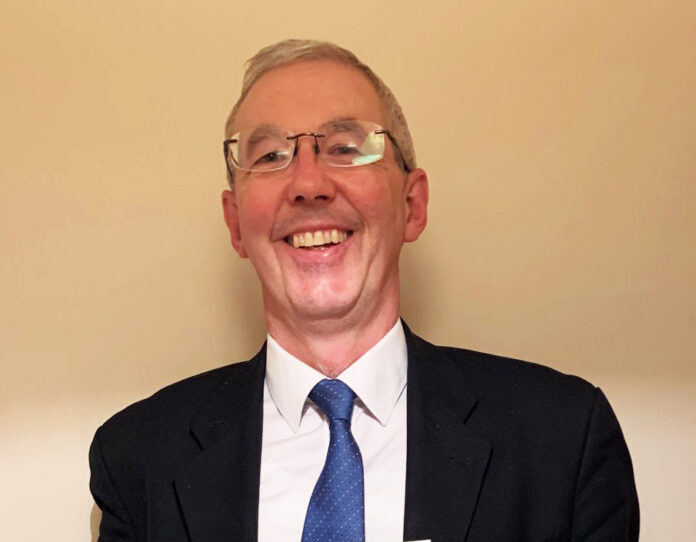
A LIMERICK solicitor has been awarded €75,000 and an apology from the Irish Small and Medium Enterprises Association (ISME) after suing the business group for defamation.
Gerard O’Neill, of O’Neill & Co Solicitors, Glentworth Street in Limerick City, acted for two claimants in a personal damages case that was dismissed by the High Court in 2019.
ISME issued two press releases and made a complaint about Mr O’Neill to the Law Society. The complaint was rejected and Mr O’Neill issued proceedings in March 2020 over the press releases.
According to the Irish Independent, details of the settlement came to light after ISME chief executive Neil McDonnell wrote to Justice Minister Helen McEntee, lobbying for defamation reform.
Mr McDonnell did not name the solicitor but said ISME’s underwriters had settled a defamation action taken against it by a solicitor for €75,000.
In the letter, he told Ms McEntee that continued delay with reform of the Defamation Act was indefensible.
Mr O’Neill represented Ashraf Ali, of Dooradoyle, Limerick, and Rosaleen O’Connell, of Dock Road, Limerick, who sued for personal injuries arising from a minor road collision.
Both claimed they suffered soft tissue injuries when another car came into contact with the back of Mr Ali’s car.
Mr Justice Michael Twomey dismissed Mr Ali’s claim as “exaggerated”, and said he gave “misleading” evidence about the crash, the nature of the impact and the effect it had on his neck and back.
The judge also concluded that Ms O’Connell, who claimed to have been a backseat passenger in the car driven by Mr Ali, was not in the car and that, on the balance of probabilities, she made a fraudulent claim.
In his ruling, the judge noted Mr O’Neill, rather than a doctor, referred the claimants to a consultant to progress their claims.
He said this led the court to the unavoidable conclusion there was “no medical need” for the referrals, but “a legal need” to support a claim.
Mr Justice Twomey said Ms O’Connell had used the professional expertise of two lawyers and two doctors in order to create what had all the appearance of a legitimate claim.
The judge said this could have led to a settlement if insurers had wanted to avoid the costs of a full High Court hearing. He said the case highlighted the need for lawyers, doctors and other professionals to be alive to the possibility of being used to facilitate fraudulent claims.
In a subsequent ruling in another case, Mr Justice Twomey referred to the Ali and O’Connell cases, saying it should be noted the solicitor and counsel involved “were not criticised by this court in any way for how they represented their clients”.
“This is because they both have a duty to act on the instructions of their clients. The truth or otherwise of those claims is a matter for the court and not the lawyers,” he said









